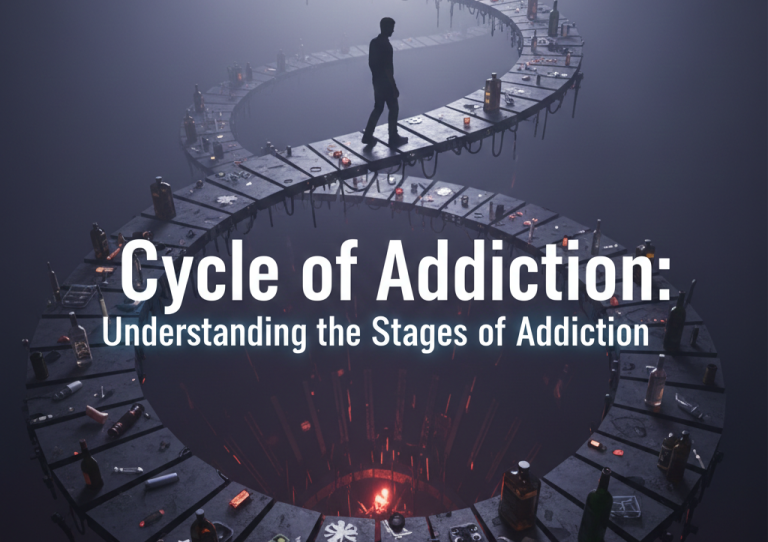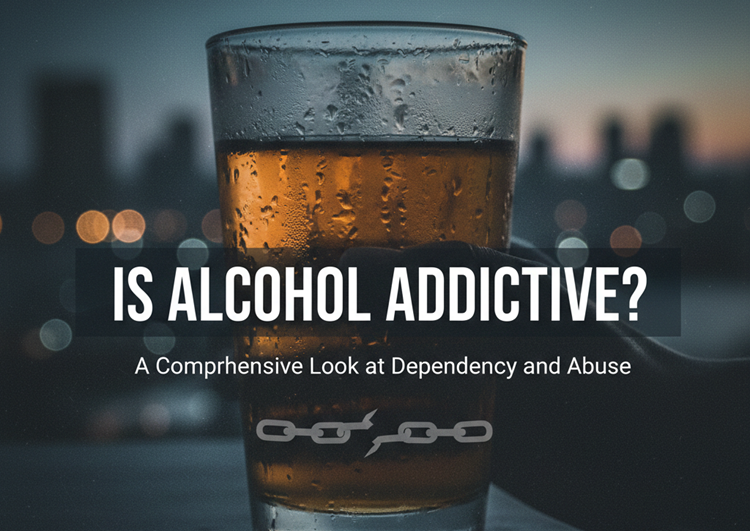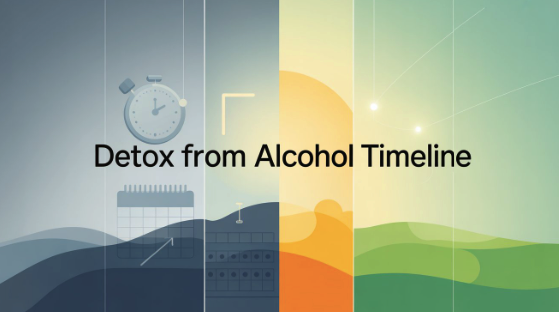We’ve all experienced impulsive behavioral moments—those split-second decisions with consequences that leave us reflecting on our actions. However, when impulsive behavior becomes a recurring theme, it might be indicative of an underlying mental health disorder. In this article, we’ll delve into the intricacies of excessive impulsivity, exploring its potential impact on individuals and their relationships.

Understanding the Spectrum of Impulsive Behavior
The term “impulsive behavior” refers to a variety of acts that are characterized by a lack of planning and regard for possible effects. It frequently manifests as hasty decisions, dangerous behaviors, or emotional outbursts. While impulsive inclinations can sometimes be advantageous, motivating decisive action in important situations, excessive impulsivity may seriously harm an individual’s life.
Recognizing the Signs of Impulsive Behavior
Many people who struggle with excessive impulsivity have an underlying mental health problem at work. Notably, the unwillingness to change one’s behavior in the face of major consequences is similar to disorders including adult attention deficit hyperactivity disorder (ADHD), borderline personality disorder, bipolar disorder, and substance use disorders.
Seeking Professional Help When Impulsive Behavior Takes Hold
When impulsive behavior becomes chronic and interferes with an individual’s everyday life, it is critical to seek professional help. Professionals in mental health can analyze the underlying causes of impulsive conduct and create a specific treatment strategy.
Common Mental Health Conditions Associated with Impulsive Behavior
Several mental health conditions can contribute to impulsive behavior, including:
- Adult Attention Deficit Hyperactivity Disorder (ADHD): Characterized by inattention, hyperactivity, and impulsivity
- Borderline Personality Disorder (BPD): Marked by emotional instability, impulsivity, and unstable relationships
- Bipolar Disorder: Involving episodes of mania, depression, and mixed episodes, which can manifest in impulsive behavior
- Substance Use Disorders: Characterized by compulsive substance use despite negative consequences
Supporting Loved Ones Struggling with Impulsive Behavior
As a loved one, supporting an individual struggling with impulsive behavior can be challenging yet rewarding. Here are some helpful strategies:
- Empathetic understanding: Acknowledge their struggles without judgment or criticism
- Encourage professional help: Gently suggest seeking professional evaluation and treatment
- Create a supportive environment: Establish clear boundaries and expectations while offering consistent support
- Practice self-care: Protect your emotional well-being to effectively support your loved one
The Relationship Between Alcohol and Mental Health
When considering serious impulsive behaviors, alcohol intake frequently takes center stage. Males are more likely to engage in risky impulsive conduct when under the influence of alcohol, according to research. This link between drinking and mental health is more than just individual anecdotes of rash judgments made on a crazy night out.
Alcohol use has been suggested in studies to increase the frequency and intensity of high-risk behaviors. Individuals with alcohol use disorders frequently require mental health therapy as well. The interaction of drugs, alcohol, and mental health issues can greatly complicate one’s life. It is critical to eradicate the effects of drugs and alcohol to evaluate underlying mental health concerns accurately.
Delving into Impulsivity and Mental Health
Impulsive behavior can often materialize out of thin air. Individuals who act impulsively may be as surprised by their actions as anyone else. However, every behavior stems from a trigger or a sequence of thoughts, even if we fail to recognize them.
Effectively managing impulsivity begins with identifying personal triggers. Heightened awareness empowers individuals to counteract impulsive thoughts before they manifest into actions. While this may seem easier said than done, with consistent effort and professional guidance, overcoming impulsivity is not an impossible challenge.
Many people have successfully regulated impulsive behaviors with mental health treatment. Seeking professional assistance is not a sign of weakness; rather, it is a brave step toward regaining control of one’s life. There is no need to suffer alone from the consequences of untreated mental health conditions. Individuals who seek assistance might go on a path to a healthier, more rewarding life.
Numerous individuals have successfully learned to control impulsive behaviors through mental health treatment. There’s no need to face these challenges alone. Living with the consequences of an untreated mental health disorder is unnecessary.
Managing Impulsive Behavior and Improving Mental Well-being
Impulsive behavior can be a sign of an underlying mental health condition, such as attention deficit hyperactivity disorder (ADHD), bipolar disorder, or borderline personality disorder. If you’re concerned that your impulsivity is interfering with your life, seeking professional help is important.

Here are some tips for managing impulsive behavior:
- Increase awareness of your triggers. What situations or emotions make you more likely to act impulsively? Once you know your triggers, you can start avoiding them or developing coping strategies.
- Practice mindfulness. Mindfulness is the practice of paying attention to the present moment without judgment. This can help you become more aware of your thoughts and feelings and make more conscious choices about your behavior.
- Develop healthy coping mechanisms. Find healthy ways to manage stress and anxiety, such as exercise, relaxation techniques, or journaling.
- Avoid substances that can worsen impulsivity. This includes alcohol, caffeine, and nicotine.
- Seek professional help. If you’re struggling to manage your impulsivity on your own, a therapist can help you develop a treatment plan.
Remember, you’re not alone. Many people struggle with impulsive behavior. With time and effort, you can learn to manage your impulsivity and live a healthier, happier life.
Get Quality and Evidence-based Mental Health Treatment at Orlando Treatment Solutions
Seeking help, If you or someone you love is troubled by impulsive behavior, this is the first step towards a more fulfilling and balanced life. Please contact Orlando Treatment Solutions. Call us at (321) 415-3213 to learn more about mental health and our mental health treatment.



























